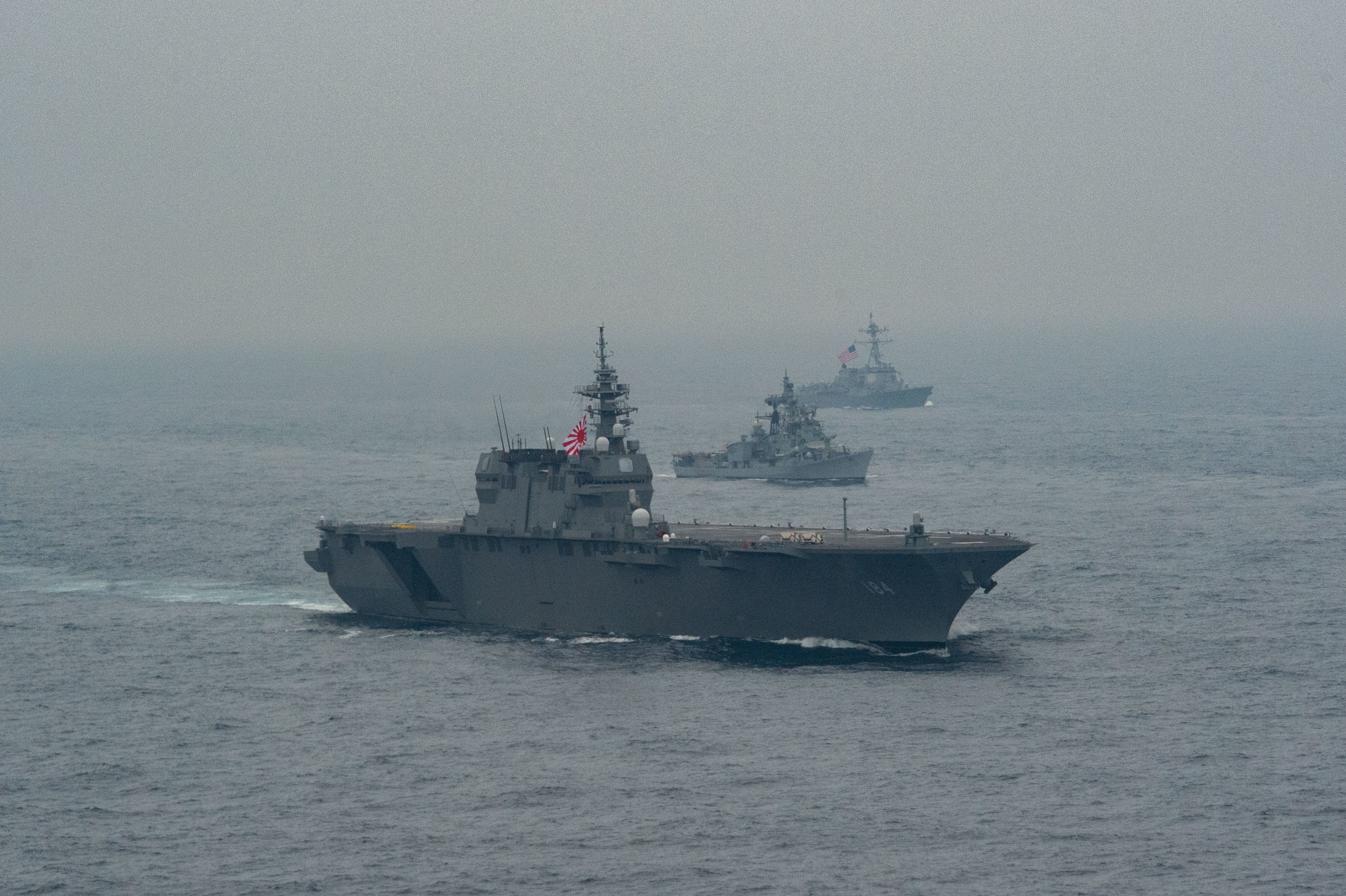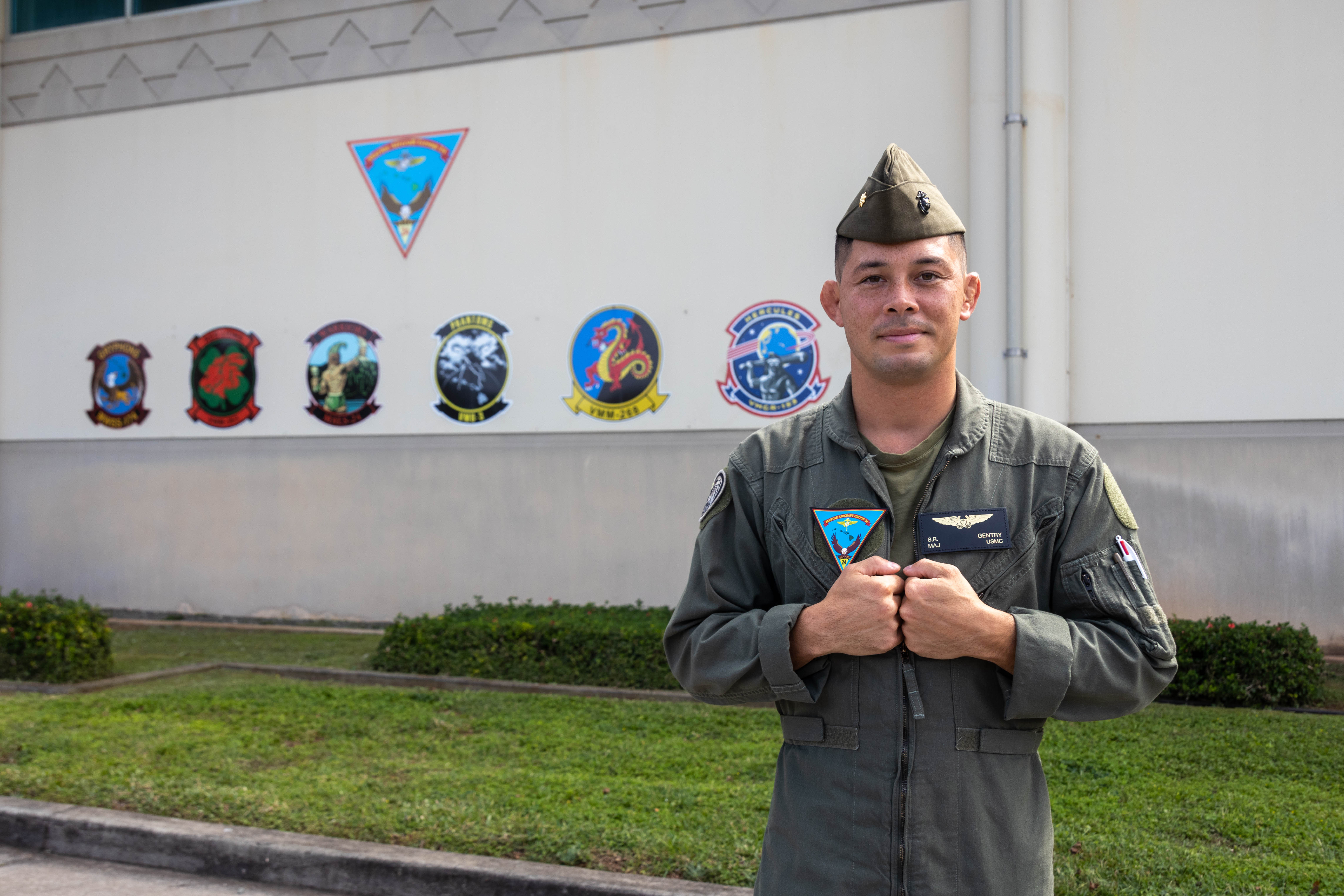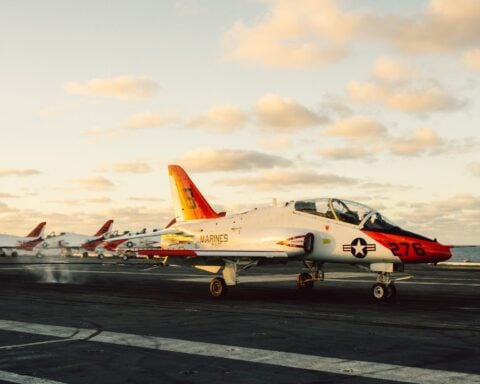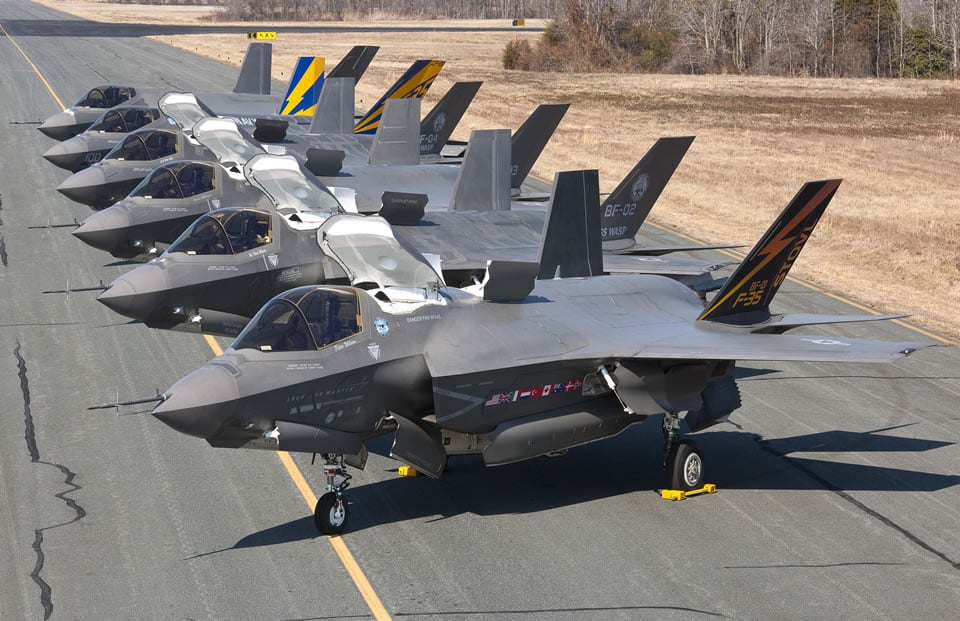
Foreign air forces ordering the Lockheed Martin F-35 Joint Strike Fighter (JSF) will be able to customize the mission data packages loaded onto their aircraft in a compromise that defense officials say both preserves U.S. security and allows allies a greater degree of customization of their fighters.
Loading specific mission data packages onto the stealth fighter had been a bone of contention amongst the partner nations helping to develop the F-35.
The Pentagon — which is paying for the lion’s share of the roughly $50 billion F-35 development program — has a strict policy of never sharing the source codes for any U.S. weapons system even with America’s closest allies.
However, U.S. allies who are paying billions to buy the F-35 need to modify the jet for their particular needs have agitated for the right to alter the data packages their planes.
The data packages hold crucial terrain and enemy threat information for a particular region. For example, an F-35 assigned to operate in the Middle East might have its computers loaded with terrain data for Iran and detailed information to identify Iranian radars, surface-to-air missiles and fighter aircraft.
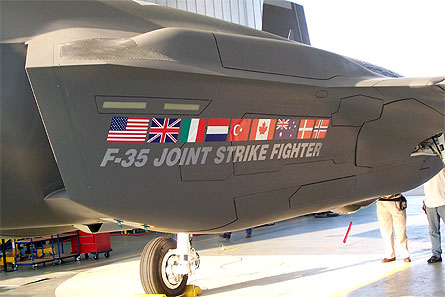
The aircraft would also be loaded with data on friendly forces in the region—basically everything the F-35 pilot would need to have full awareness of the battle space.
Speaking to reporters last week, JSF program manager U.S. Air Force Lt. Gen. Chris Bogdan said that a compromise solution had been reached.
“In the future we will have many labs where our partners are going to do some of their own work,” Bogdan said.
The U.S. Navy, too, will operate a mission data lab at Naval Air Station Point Mugu, Calif.
Now, the Air Force’s Air Combat Command reprogramming lab at Eglin Air Force Base, Fla., creates all of the F-35 mission data packages.
“So we have a throughput problem,” Bogdan said.
That problem might contribute to any delay in the U.S. Marine Corps’ goal to declare the F-35B jump jet variant operational in July 2015.
The Marine Corps requires coverage of two different areas of the world for its initial operational capability (IOC) in 2015, Bogdan said. However, he would not say which two regions—but the mostly likely candidates are the Middle East and Asia-Pacific. One of the Marines’ first operational locations is Iwakuni in Japan.
Not specifying the region, Bogdan said it would not be a problem getting one of those data packages ready by July, 2015, but the second package could be an issue.
The same engineers are working on both of the required regions and those technicians simply do not have enough capacity to do package simultaneously.
“There is some schedule pressure on getting that second mission data package done by July of 2015,” Bogdan said.
Building additional reprogramming labs will help to alleviate pressure on the Air Force lab. The Navy lab at Point Mugu, for example, will build data files for the Air Force, Navy and Marine Corps, Bogdan said.
Partner nations will also be building facilities to reprogram their F-35s in the United States, Bogdan said. However, foreign nations will not have unsupervised access to the F-35 and its critical mission systems. “They will put people in those labs, we will put people in those labs,” Bogdan said.
“We together—jointly—will build there the brains of the airplane for them.”
However, each partner nation will be able to customize their own aircraft for their particular regions and the specific threats they will face.
“They go to different places and they fight in different ways,” Bogdan said.



